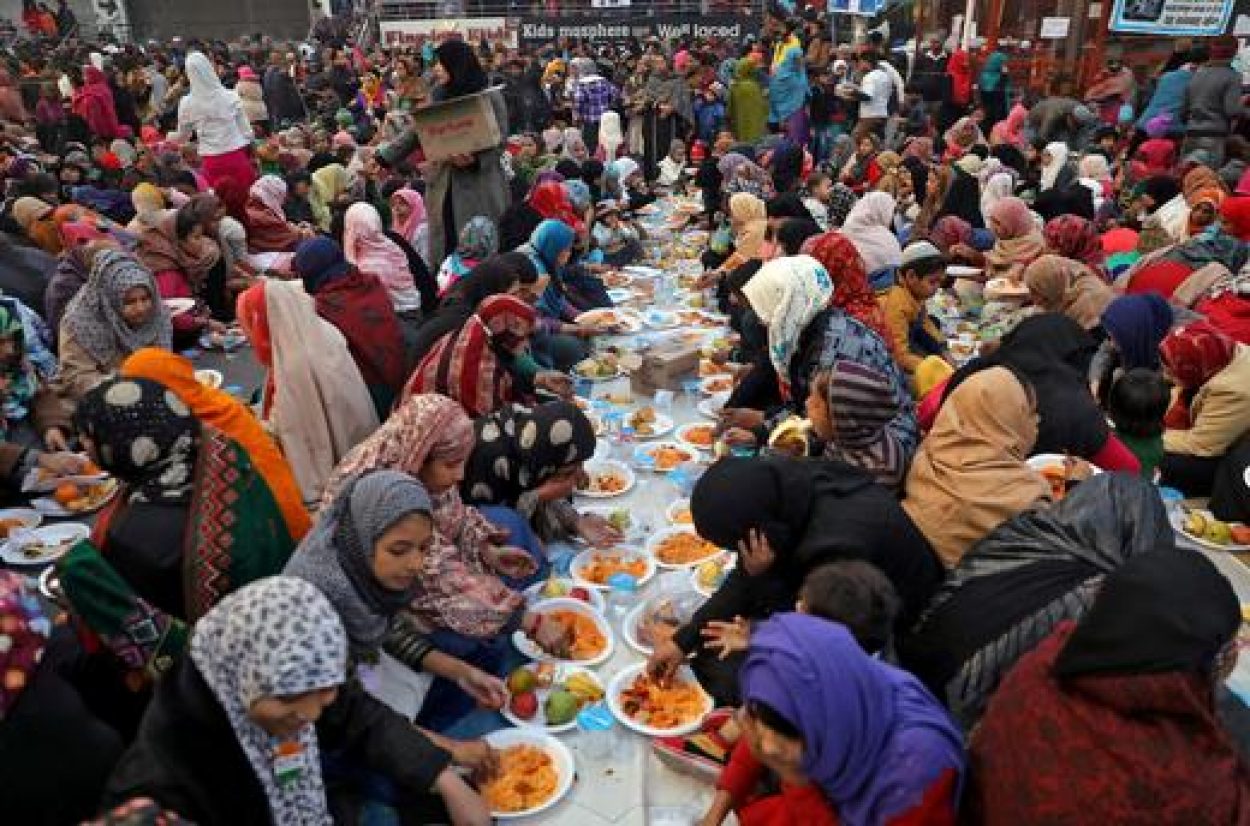
UNITED NATIONS — Indian Prime Minister Narendra Modi broadly denounced terrorism at the United Nations on Friday but avoided any direct mention of one of the world’s most perilous standoffs: Pakistan’s recent warning that India’s crackdown in the disputed region of Kashmir risks a war.
Modi told world leaders gathered at the annual U.N. General Assembly that India’s “voice against terrorism … rings with seriousness and outrage.”
Earlier in the week, Pakistani Prime Minister Imran Khan warned of a possible massacre in Kashmir because of Modi’s Hindu nationalist-led government’s sweeping military curfew, which has cut off residents in the Muslim-majority region from virtually all communications.
The nuclear-armed rivals have fought two of their three wars over the Himalayan region. They’ve been locked in a worsening standoff since Aug. 5, when Modi stripped limited autonomy from the portion of Kashmir that India controls.
On Friday at the U.N. Modi didn’t mention Kashmir but touched on terrorism: “We belong to a country that has given the world, not war, but Buddha’s message of peace.”
He added: “And that is the reason why, our voice against terrorism, to alert the world about this evil, rings with seriousness and the outrage.”
As Modi and Khan prepared to speak at the U.N., residents of Indian-controlled Kashmir expressed hope that their speeches would turn world attention to an unprecedented lockdown in the region. Khan was scheduled to speak later Friday morning.
“We really hope these leaders will do something to rid us of conflict and suppression,” said Nazir Ahmed, a schoolteacher on the outskirts of Srinagar, the main city in Indian-held Kashmir. “Conflict is like a cancer hitting every aspect of life. And Kashmiris have been living inside this cancer for decades now.”
As the General Assembly meeting unfolded Friday, large dueling protests supporting and opposing India’s action in Kashmir were taking place across the street from U.N. headquarters.
U.S. President Donald Trump has urged the sides to resolve their differences.
India and Pakistan’s conflict over Kashmir dates to the late 1940s, when they won independence from Britain. The region is one of the most heavily militarized in the world, patrolled by soldiers and paramilitary police. Most Kashmiris resent the Indian troop presence.
Modi has defended the Kashmir changes as freeing the territory from separatism, and his supporters have welcomed the move.
Modi, a pro-business Hindu nationalist, and his party won a decisive re-election in May. The election was seen as a referendum on Modi, whose economic reforms have had mixed results but who has enjoyed enduring popularity as a social underdog in India’s highly stratified society. Critics, however, say his Hindu-first platform risks exacerbating social tensions in the country of 1.3 billion people.
Earlier this week, Khan had a different take on Modi’s actions in Kashmir.
“Eight million people in an open jail is unprecedented in this day and age. … The biggest worry is what happens once the curfew is lifted? We fear with 900,000 soldiers there, there will be a massacre,” Khan said. “There’s a potential that two nuclear-armed countries will come face to face at some stage.”
AP
Sep 27, 2019
Longtime Associated Press international correspondent Foster Klug is on assignment at the U.N. General Assembly. Follow him on Twitter at @APKlug. AP writers Shah Abbas, Jenn Peltz and Edith M. Lederer contributed to this story.
Categories: World News




